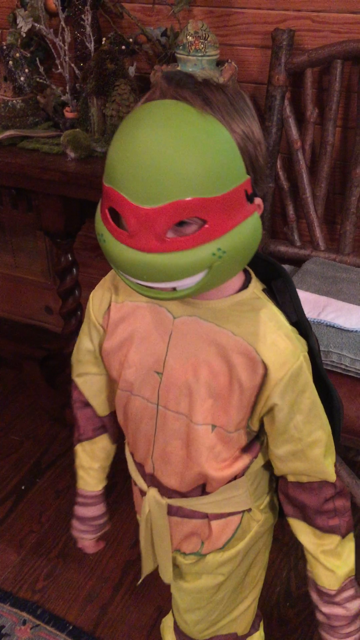"Now about eight days after these sayings Jesus took
with him Peter and John and James, and went up on the mountain to pray. And while he was praying, the appearance of
his face changed, and his clothes became dazzling white. Suddenly they saw two men, Moses and Elijah,
talking to him. They appeared in glory
and were speaking of his departure, which he was about to accomplish at
Jerusalem." Luke 9:28-31
The Almanac of Last Things by Linda Pastan*
From the almanac of last things
I choose the spider lily
for the grace of its brief
blossom, though I myself
fear brevity,
but I choose The Song of Songs
because the flesh
of those pomegranates
has survived
all the frost of dogma.
because the flesh
of those pomegranates
has survived
all the frost of dogma.
I choose January with its chill
lessons of patience and despair--and
August, too sun-struck for lessons.
I choose a thimbleful of red wine
to make my heart race,
lessons of patience and despair--and
August, too sun-struck for lessons.
I choose a thimbleful of red wine
to make my heart race,
then another to help me
sleep. From the almanac
of last things I choose you,
as I have done before.
And I choose evening
sleep. From the almanac
of last things I choose you,
as I have done before.
And I choose evening
because the light clinging
to the window
is at its most reflective
just as it is ready
to go out.
to the window
is at its most reflective
just as it is ready
to go out.
Transfiguration Sunday closes of the season of epiphany. And
it’s a marvelous transition to Ash Wednesday and Lent coming only a few days
later. The way Luke tells it, days
before the mountaintop of transfiguration, Jesus tells his disciples for the
first time of his impending death and resurrection. Right after coming down from the mountain, he
again tells them he will soon be betrayed.
And right in the middle of this glorious scene, Moses and Elijah are
talking to him about, of all things, his impending departure. Just when we get a little more light each day
and hope to start coming out of winter, theologically we are entering into a
time of reflection about death, and it starts even before Lent.
Thoughts about death are literally the most morbid thing we
can think about. And we are terrible at
it, honestly, because we are terrified of it.
There’s a great expression you hear about life, “None of us are getting
out of it alive,” and yet it seems like as a culture we go out of our way to
push that thought as far from our minds as we can.
While this is only natural, the transfiguration and Lent
tells us this shouldn’t be so. The
transfiguration is a story of such rich meaning, with Moses and Elijah on a
mountaintop, and God saying, “This is my son. Listen to him!”
But at its core, it’s a story of a deeply intimate encounter between God
and Jesus. And with Jesus contemplating
his death before, during and after it, one of the lessons of the
transfiguration must be that drawing so intimately nearer to God inevitably means
coming to terms with our own mortality.
The challenge of transfiguration and of Lent is
taking seriously our faith in the goodness of this life, the goodness of the
God we meet in it, and the goodness of the God that will continue to hold us
beyond it. One of the eternal and
paradoxical truths of life is that it is lived sweeter and fuller when we are
reminded that it’s going to end. The
people at greatest ease in this world inevitably seem to be those who have stared
death in the face and somehow made peace with it. People's sharper edges soften, families draw
closer, relationships and regrets can be reconciled, prayer life is deepened,
and the living of life is not put off when we are reminded in a meaningful
way that our time is fleeting.
There’s a great Tim McGraw song that captures this. It’s the story of a guy diagnosed with a grave illness way too soon, and how he immediately went about the
business of living life to the fullest, doing bucket list items, offering long
overdue forgiveness, and being present to those closest to him. The end of the chorus he says, “Someday I hope
you get the chance to live like you were dying.”
And yet, the theological work of bringing death to the
forefront need not be limited to times of illness, funerals and Ash
Wednesday. And most assuredly, it need
not be sad. On the contrary, it holds
the promise of great meaning and talk of eternal life as both a present and
enduring reality.
As the poet says, “the light clinging to the window is at
its most reflective just as it is ready to go out.” Notice she doesn’t say “just as it’s about to
go out,’ she says “just as it’s ready to go out.”
So let’s get ready for our lights to go out and trust that in
doing so they will shine all the more brightly for as long as we have them. And let us trust that in dying, as the prayer
of St. Francis so beautifully puts it, we will be born again to eternal
life. May we have the faith this
season to live as if it is so.
*from Carnival Evening: New and Selected Poems



